
Many developments before "G hour"
Prime Minister's Directive No. 20/CT-TTg has set a new milestone: No motorbikes and scooters using fossil fuels will be allowed to circulate in Hanoi 's Ring Road 1 from July 1, 2026. These days, a series of used motorbike markets in the capital, from Chua Ha Street (Cau Giay Ward), Phung Hung (Hoan Kiem Ward), Linh Nam (Linh Nam Ward) are witnessing clear changes in both the number of transactions, prices of gasoline motorbikes, as well as related consumer tastes.
According to those who directly sell motorbikes, the number of motorbikes sold after July 4 is about 20%-30% lower than the same period last year. The business atmosphere is somewhat quieter, as sellers are hesitant to import goods, while buyers are hesitant and worried that investing in a used petrol motorbike at this time is not reasonable.
The owner of a used car business system with more than 30 years of experience on Chua Ha Street said that the impacts can be clearly seen at this time, but the level of impact depends on each business household and their main products. In particular, the group most affected is used motorbikes priced at about 15-30 million VND, because many consumers who need a means of transportation in this price range tend to "conveniently" switch to buying two-wheeled electric vehicles when making decisions at the present time.
To overcome this, used motorbike businesses are also adjusting prices in the short term. "Currently, car dealers proactively reduce prices by about 5-10% and still convince buyers," the owner of the used motorbike business system shared. The decrease in selling prices also means that the import price of used motorbikes must decrease accordingly. A used petrol motorbike that the shop previously accepted to buy for about 100 million VND will now be imported for about 90-93 million VND, equivalent to a 5-10% reduction.
The rare ones that can maintain stable sales are the models with unique features, high-end vehicles such as Honda SH or SuperCub 125, large-capacity vehicles... According to business households, the electric motorbike market has no alternative to high-end scooters or vehicles with strong personality. Therefore, consumers still basically look for traditional options.
Opportunity with risk
In that context, the question is: Can used car shops adapt and transform in time before being left behind? Like any major shift, risks always come with opportunities. For used motorbike businesses, surviving the transition period requires quick adaptation. Restructuring product sources, finding new segments, cooperating with electric vehicle conversion units... are potential directions. "We also have plans to respond to new developments in the market," the owner of the used car business system confidently said, but did not specify which direction is the most feasible.
However, not all used motorbike businesses can confidently convert, especially small and individual businesses with sales of less than 30 motorbikes/month. The small capital scale requires a quick turnover, which means that survival has become a big challenge in the short term. Some businesses only sell at direct stores in Hanoi, without an online sales system, social networks, or partners from other provinces..., will face difficulties in the face of new developments. Meanwhile, individuals who sell used motorbikes based on experience... are also prone to confusion or maintain a conservative mindset, making the risks even higher.
Switching to electric vehicle business is not the right way. Business households said that, besides the product problem, consumer psychology is the biggest barrier. Mr. Khanh Hung - a used motorbike trader who is looking for opportunities with new models - assessed that buyers are currently hesitant to approach new electric motorbikes, not to mention buying used ones. The reason is that the used electric motorbike market has not yet formed specific quality and price standards like with used gasoline motorbikes. Evaluating the quality of batteries and motors cannot be based solely on personal feelings or experience in the traditional way, which poses risks for both sellers and buyers.
Used motorbike shops that want to invest properly to switch to selling electric motorbikes also face barriers in accessing capital to invest in inspection and warranty equipment or expand technical services. They also do not have connections with suppliers, manufacturers... to import replacement parts once they switch their business products.
In any case, the fact that we are going through a transitional period means that used motorbike businesses that want to survive will have to make appropriate changes. From a macro perspective, the used motorbike market in Vietnam in general and Hanoi in particular will certainly have fundamental changes to adapt to the trend of limiting fossil fuel-based vehicles.
Source: https://hanoimoi.vn/thi-truong-xe-may-cu-chay-nuoc-rut-thay-doi-de-thich-nghi-710822.html



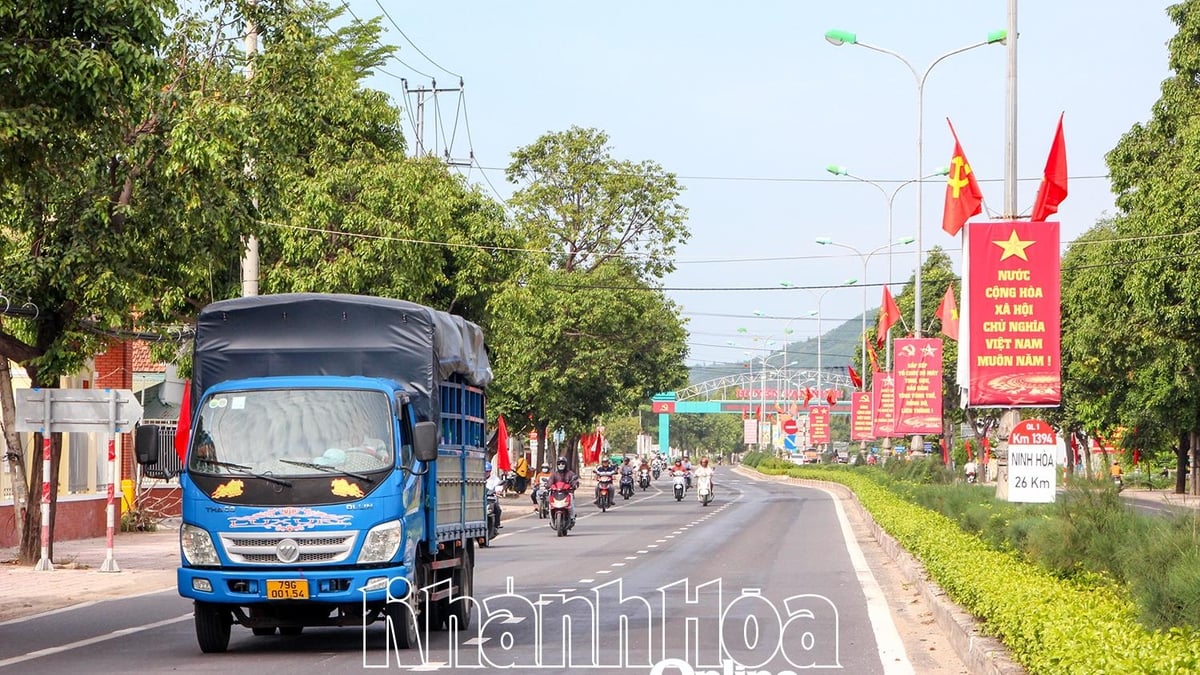






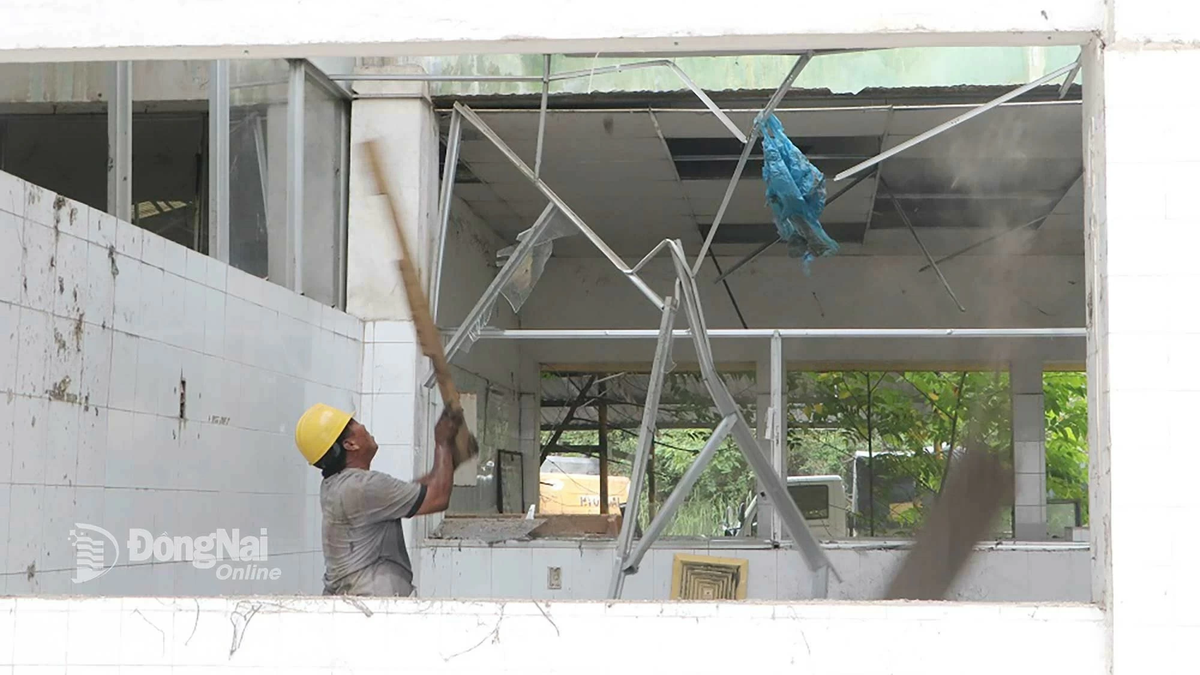
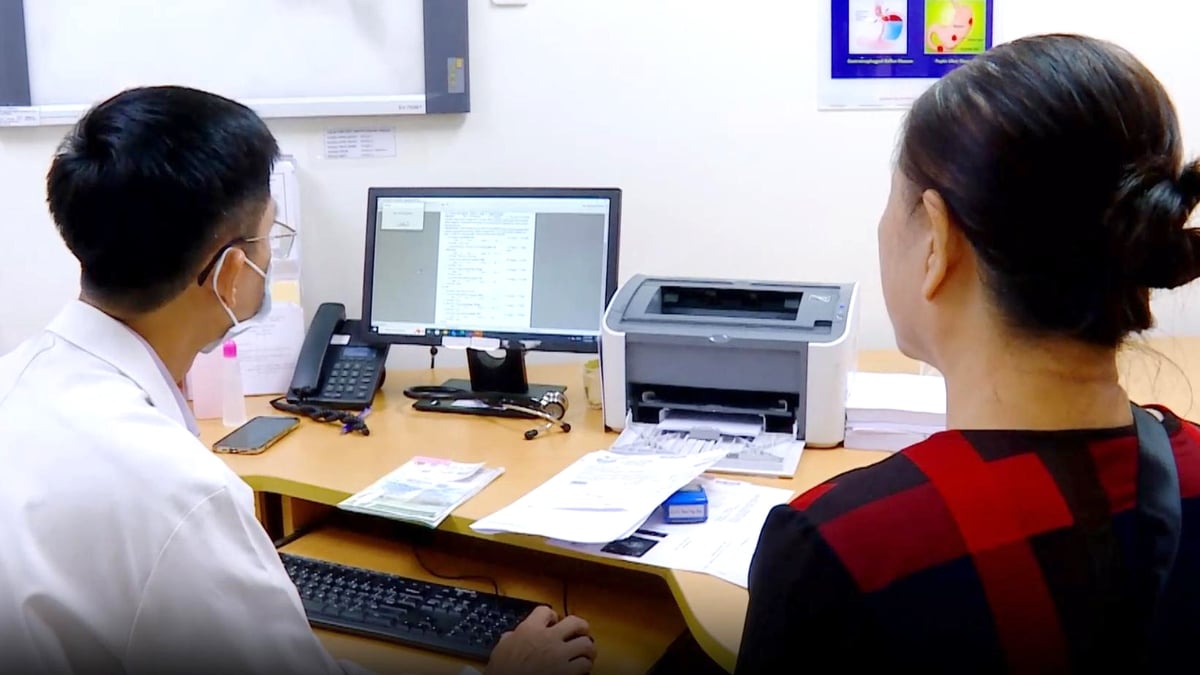












































![[Maritime News] Container shipping faces overcapacity that will last until 2028](https://vphoto.vietnam.vn/thumb/402x226/vietnam/resource/IMAGE/2025/7/30/6d35cbc6b0f643fd97f8aa2e9bc87aea)








































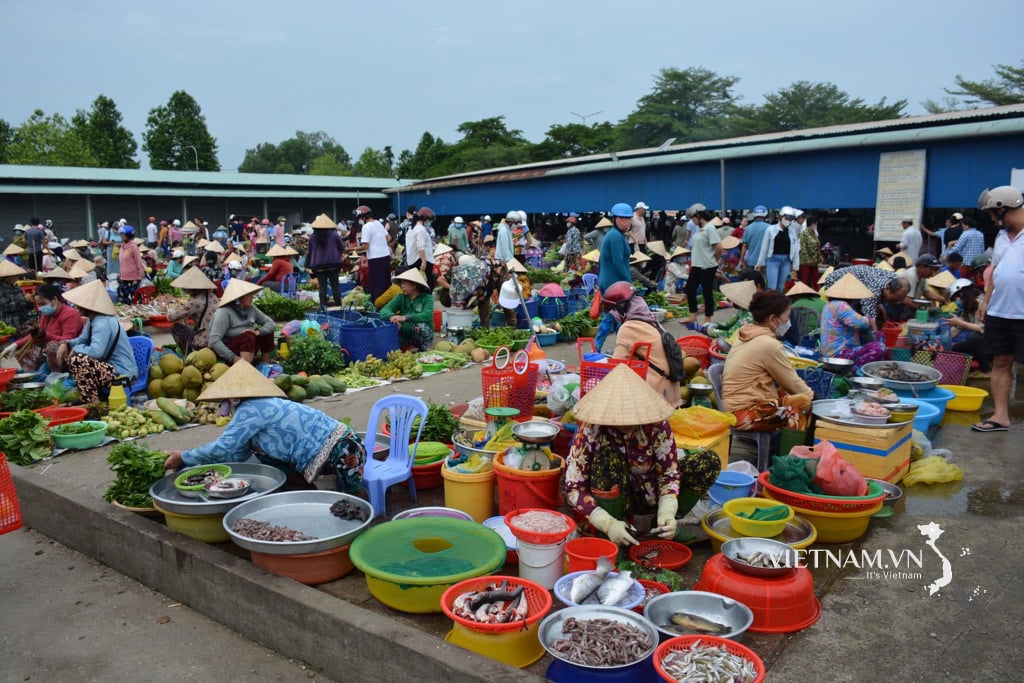
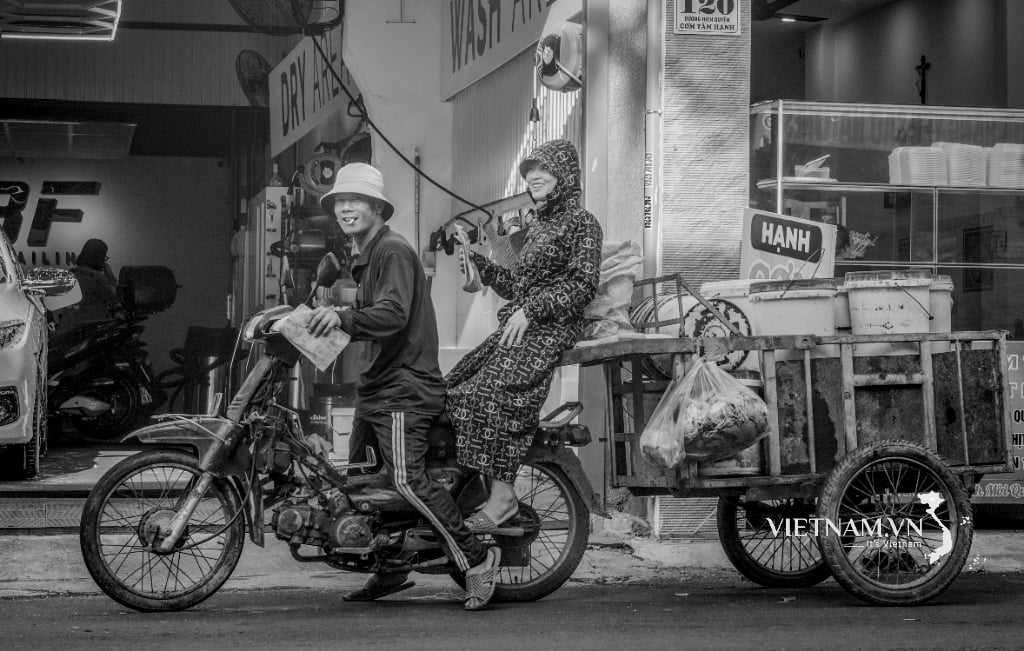

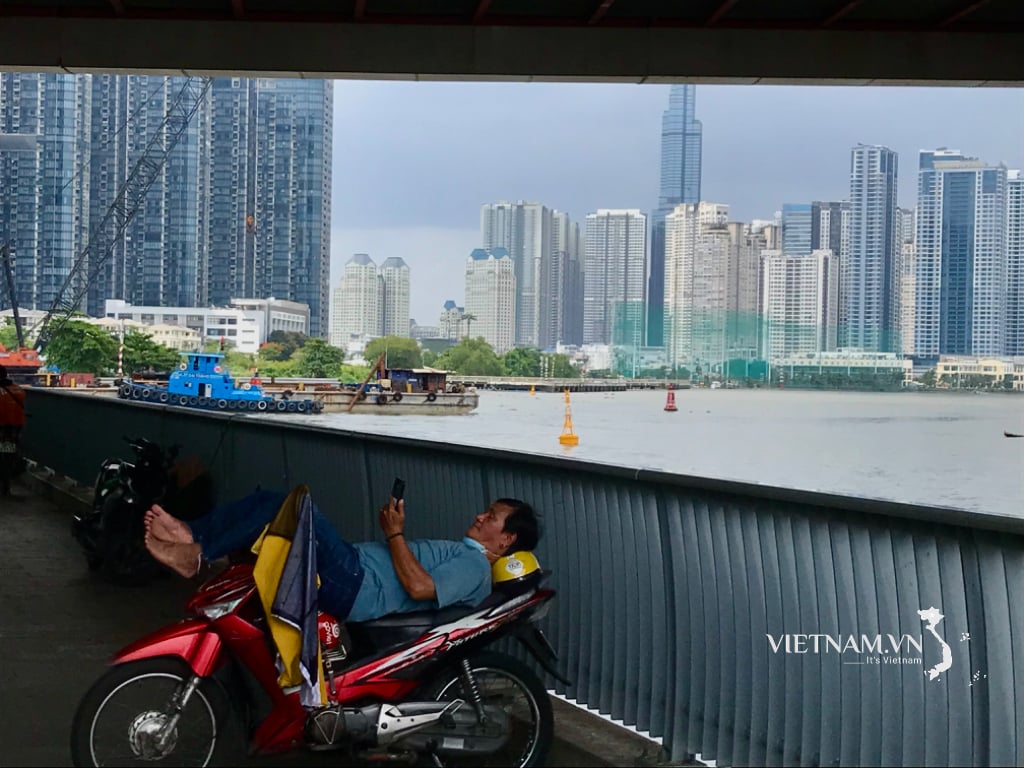
Comment (0)